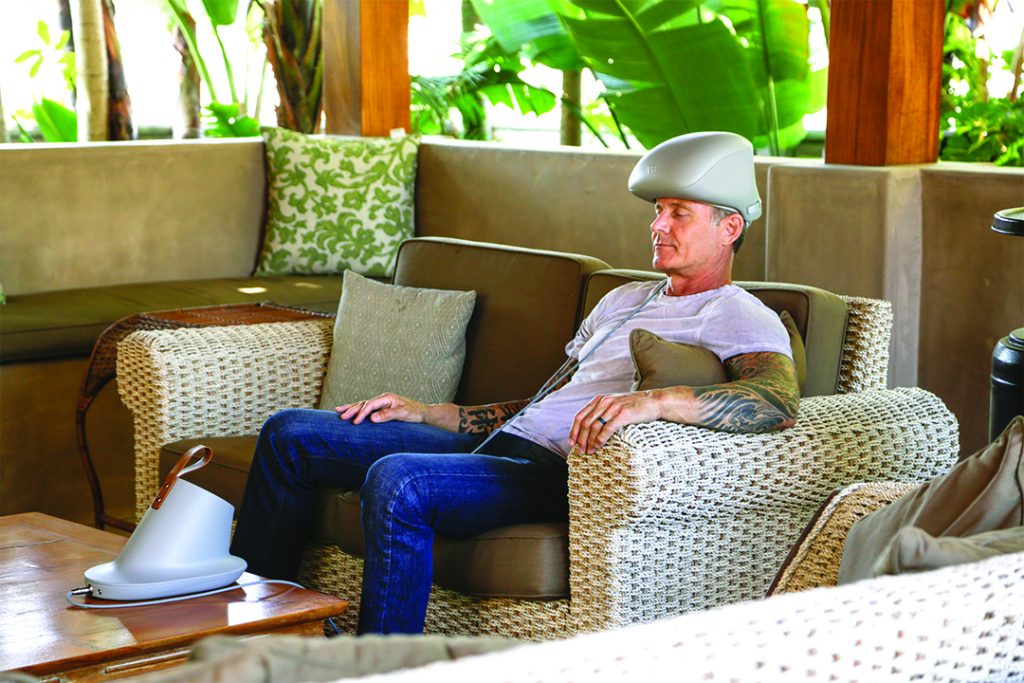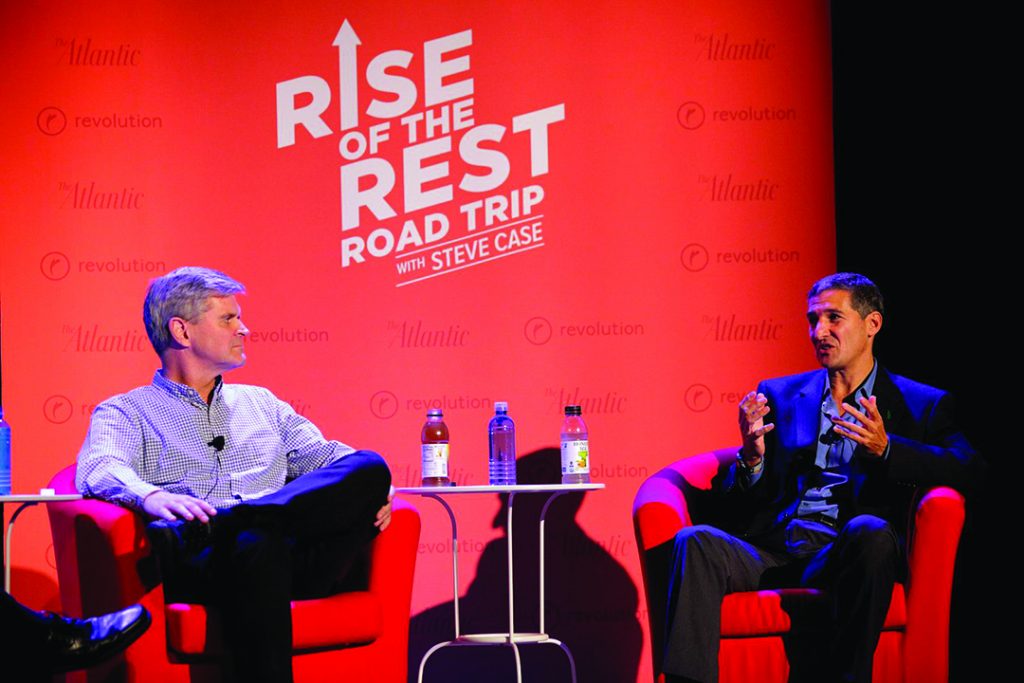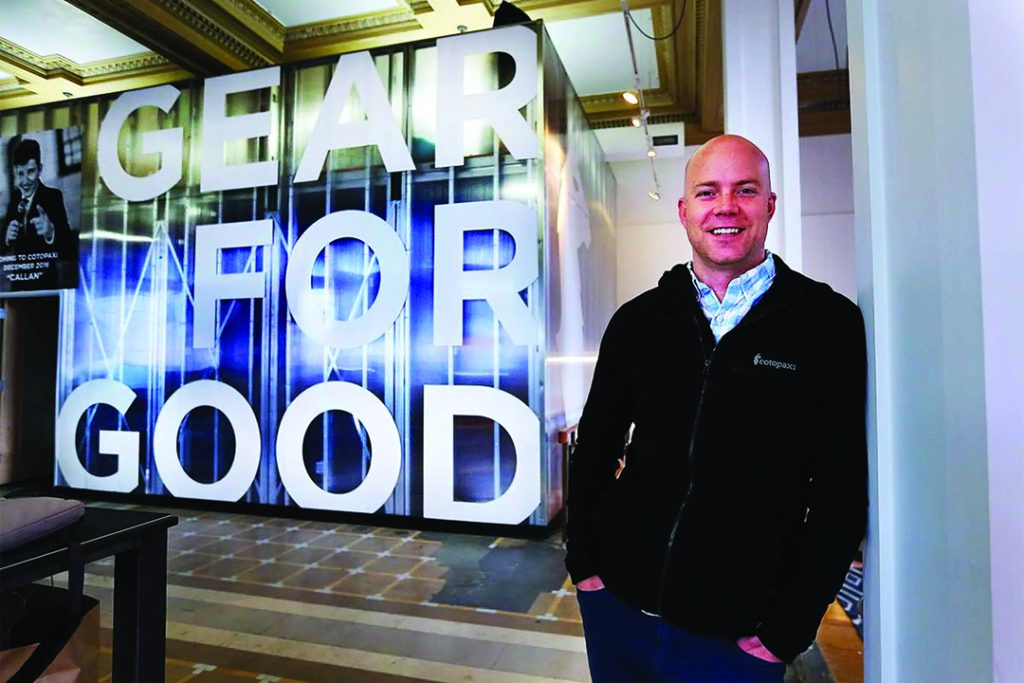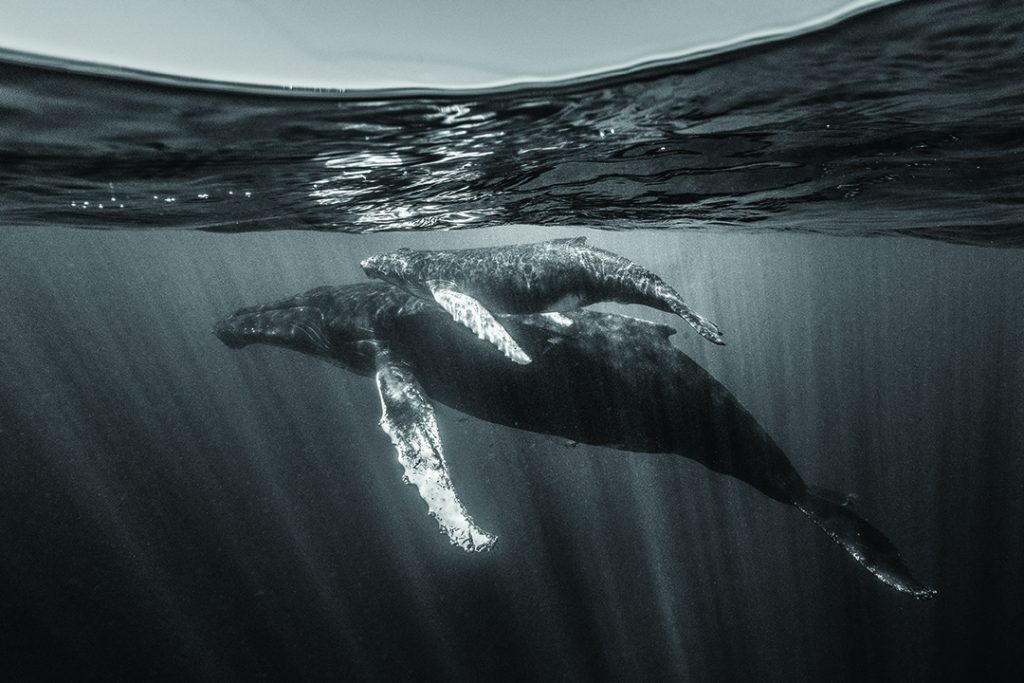Are You Thinking Big Enough?

Wave Neuroscience uses personalized brain care to improve mental health outcomes. Fred Walke, founder and CEO, explains why the success of this business is so personal to him and what inspires him to be a real leader.
Real Leaders: What motivated you to pursue the cognitive health space?
Walke: My youngest daughter had a pretty significant head injury playing soccer around 14. Over about a year, I watched her go from extroverted, outgoing, super high-energy, motivated, and doing well in school to introverted, not leaving her room, being very sad, and very upset. We took her to just about every university, every hospital you could imagine, every doctor I could get my hands on. They all said she’s just going through an unhappy period. Fast forward, and I was called to look at this brainwave technology in Los Angeles or work. Ultimately, I brought my daughter in …
In a scan that took 10 minutes, I learned more about her than I had in 14 years. I learned how she experiences life.
He showed me some slowing in a particular area of her brain that didn’t show up on an MRI or CT, where most of the physicians focused. He said the injury was going to make it difficult for her to process information coming in, and that it would feel like depression to her. He wanted to treat her.
Once the treatment began, each week, we saw a little progression. After three weeks, she was back, and she went on to complete high school getting extraordinary grades, captain of her soccer team, and really motivated. Today, she’s at the University of Alabama.
People don’t realize the correlation between a traumatic brain injury and mental health. If you look at depression, anxiety, and PTSD — many times, that starts with a brain injury. The medical system today is not set up to diagnose that.
I asked my doctor friend, “Why is this not out in the masses?” He said, “Because we need somebody like you to commercialize it and help us get it out there.” I put the flag in the ground and said, “I’m going to make this my life’s mission to get this technology out to the masses.”
RL: Tell us about this technology.
Walke: The neuron disruption is like a radio frequency. Lots of science out there says that this is the frequency that determines overall cognitive and mental health.
Everyone is between 8 and 13 hertz. Think of that as the number of files per second that you can process. So, if you’re at 10 files per second, and you have a slowing in a particular region of your brain like my daughter had, she slowed to 7 files per second. You’re receiving 10, but you can only act on 7. Humans have learned to shut off our external environment, and so in this case, you start shutting off signals, you start separating yourself from conversation, from communication, from bright, shiny objects, and from loud noises until you can slow your brain down to a place where you can process the amount of information that’s coming in.
It’s the same thing with anxiety, but it’s an acceleration. I’m receiving 10 files a second, but I want 12–13 files per second. So, I’m fidgety. I’m always looking for something to read and touch and look at. All neurons in your brain should be on the same radio frequency, and when they’re not, they stop communicating with each other properly.
We can start to eliminate mental illness by affecting neuron disruption before it becomes a symptom or changes behavior. We can also eliminate a lot of the pain, shame, and suffering that come with mental health.
RL: What has been the role of partnerships in getting the product to the people who need it most?
Walke: It’s such an honor because we get to work with some of the most amazing populations, like the military. For those who have served in special warfare operations, like Navy SEALs and Delta Rangers, we had such great results that the U.S. Special Operations Command helped sponsor our FDA trial.
From there, we moved into other communities, like autism, where we can do extraordinary work. We’ve treated athletes from the NFL, the NCAA, and Formula One racing. Anywhere cognitive performance or mental performance matters, this technology has a home. Performance has also become an interesting opportunity — helping people before they get ill or helping people be at the top of their game.
We launched this company in June 2019 with three locations. We’re at 110 today, and we are treating just under 1,000 patients a month.
RL: What leadership lessons do you instill in your team?
Walke: I say this jokingly, but I’m so serious: I always try to be the dumbest person at the company. I hire people who are so much smarter than me, and I love to be around them and listen to them talk. As a leader, if you’re not challenging yourself by hiring people or surrounding yourself with people who truly are extraordinary, you’re really doing yourself a disservice. When I look at my team, I am so proud of the people that I get to work with because they amaze me every day.
That being said, I teach them to listen to the market. If you’re listening to the market — don’t think you know, don’t go in with predetermined ideas — then the market will tell you what to do.
In this case, the market is telling us that the mental health system is broken. There are bottlenecks, constraints … people not getting full relief from symptoms. So, let’s think differently about it. Let’s apply all the technologies and the assets and resources. And most importantly, let’s put the smartest people on it. Let’s not be held victim to our past decisions. Let’s rethink it. Give your team the freedom to think about how to get there. Surround yourself with amazing people who truly stretch you and make you a little uncomfortable with their knowledge.
RL: What is a common question that you ask yourself when it comes to big decisions?
Walke: Probably one of the most important things is, ‘Are you thinking big enough?’ We get so framed in with our thinking and what we see in our surroundings.
Always continue to push yourself to think big. Execute small, but think big. Pay attention to the details and stack those little things together and they become the big things — but keep your vision on the big thing. That’s why I think about changing mental health as an industry — not just selling Wave Neuroscience products to people.
RL: I heard you surf. What has it taught you about business?
Walke: In surfing, it doesn’t matter what you did on the last wave — there’s another wave coming at you, so your memory has to be kind of short. But in business, we develop these paradigms, these thoughts, and we hold ourselves hostage to either decisions we’ve made, mistakes we’ve made, or opportunities that we see, and we think just because that one was great, the next one will be too — and it’s not. Everything is work, right? Every time you approach an idea, you have to start from the beginning.
RL: What is your definition of a real leader?
Walke: A real leader is someone who sees potential in people, things, or situations and then they put resources or structure or assets around it so that they can realize it. I’m a sommelier of people, and I try to maximize the value of them by complementing them with other people who will cause them to stretch and be stretched.
ABOUT WAVE NEUROSCIENCE: Wave Neuro uses science, data, and brain insights to help clients understand their unique brains and seek treatment when appropriate. It starts with a brief brain wave recording session. The data collected is processed in a cloud platform against a database of over 30,000 brainwave recordings. A report is created that identifies areas of the brain that are not functioning properly. Partners can use these results to create a care plan, which could include personalized brain stimulation.
Subscribe today and gain a strategic advantage from the emerging trends and best leadership practices found within Real Leaders magazine.





Responses